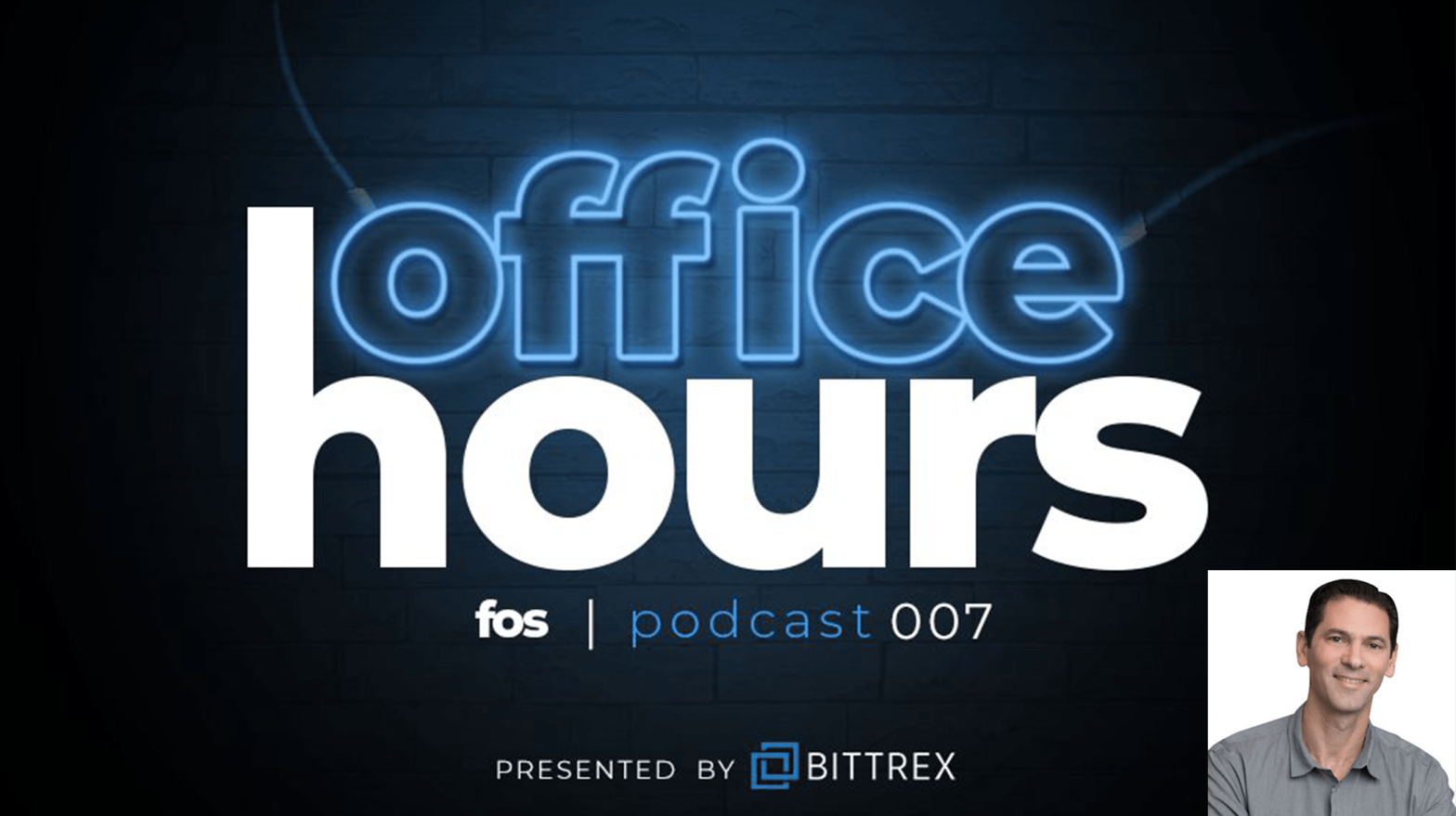“I want to build something great and do something that is going to have a positive impact on the markets that we’re serving.”
Shawn Green, Co-Founder of Greenfly
Greenfly co-founder Shawn Green was interviewed recently on the Office Hours podcast by Front Office Sports. He spoke about his MLB career, going from life as a ballplayer to life starting a burgeoning business, the challenges and lessons of being an entrepreneur and growing Greenfly, what he tells athletes about social media today, and more.
Check out the full episode here and read some snippets of Shawn’s comments below. You can also learn more about how Greenfly helps sports organizations manage digital content and about Greenfly’s work with Major League Baseball.
How being a ballplayer helped prepare him for life as an entrepreneur
“Baseball is more than any other sport that I know, especially as a hitter, you get knocked down all the time…I think we’re pretty hard-headed; trying to hit a guy throwing 97 miles an hour, throwing other stuff — thinking think you can do that is kind of crazy. I think you’ve got to have that mentality to be successful starting a business…If you believe in it and you see the vision and you start to see success in the market, then you dive in all the way.”
The roller coaster of running a business
“There are a lot of moments where things are going great, but then you have a moment where it’s ‘Okay, this didn’t work out’ and you kind of take a step back and figure out what you need to do differently. Those things in a startup happen every so many months, whether it’s a small thing or a bigger thing. That’s where you get better…”
Learning from customers and about the problems Greenfly is able to solve
“So we built a really good product and put it out there, and then your customers give you the answers; which is great and we listen to them. That’s a big part of our culture — we have a really strong dev team, we’re a software company, we build really great software and it gets easier and easier as you go along because you get customers who are industry leaders, globally and small businesses, as well, and they tell you what they need. And they tend to need the same things pretty much.”
How his experience as a MLB All-Star and his determination to be great has informed him as a business leader
“I want this chapter of my life to be the most meaningful. I think this company has the potential to do amazing things. I felt the same way as a kid planning on playing the major leagues; I had the same drive and confidence it (was) going to happen. I feel the same way that I felt then about (Greenfly). Right now, this is what I love spending my time focusing on and trying to solve different problems. It all comes down to having a great team, which we do. Right now, Daniel (Kirschner) is our CEO and he’s my co-founder; I trust his instincts and we both trust our team’s instincts to make the right decisions on what to build next and what markets to approach and all those things. Just like sports, you can have a great idea, but it all comes down to team and execution.”
On being a ‘streaky’ player in the big leagues and how it prepared him mentally for the ups and downs of a startup
“As a hitter I was pretty streaky and when I got really hot, it’d last for a while, and when you get cold, hopefully it wouldn’t last very long, but sometimes it did. And it seems like that’s the case in business where you get these hot streaks and you have all this incoming (business), then something might happen where you need to part ways with an employee and it seems like those tend to be in bunches. But it’s a matter of holding course and continuing to focus on the right things. And at that point you know the bad times are going to come back top and the good times aren’t going to go at the crazy speed forever, so you got to be even-keel.”
The transition from ballplayer to running a business
“I think learning how to build a technology platform and a business all at the same time, it’s kind of business school in action…It’s a skill that I think, as a player, you can’t just expect because you’ve been successful on the field that that’ll translate to building a business. I think it’s challenging for players because when you have a successful career, you rely on your agents to handle contract negotiations or you rely on your financial advisors to handle that stuff…you become a quarterback and everyone else is doing things. But when you’re in business, there’s a little bit more hands on that you have to do, especially if you’re going to be successful. Whether it’s going to pitch meetings or presenting or doing different things, you gotta do it…There is a lot more hands-on than I think you expect as a player transitioning.”
How social media has evolved for athletes and what he tells ballplayers today
“I think back then it was sort of frowned upon to be active publicly more. Social media was just starting…The attitude then with teammates within the league was ‘Oh this guy’s not focused on what he should be focused on’ and that’s changed a lot. It’s hard coming from my era for those people to understand how important the social side is. Now being in the business I would tell guys you’re crazy to not build your social footprint; not only for now and what you’re doing with your career, but post-career it’s just such a big opportunity and you gotta take advantage of it while you have the audience that you have. I think the younger generation understands that a lot more. I’ve got two teenage daughters and they’re always on Instagram and Snapchat, they understand it. I think that how (players) grow up now.
“I think it’s good for sports and I think it’s good for the marketing of the sport as a whole and the individual players to build those individuals up and create a bigger following for them and, in turn more people are going to tune in to watch the sports.”
How Shawn was inspired by a meeting with famed investor Peter Guber
“We met him with a bunch of times over the years and from the first meeting…He’s telling you I’m going to connect you with this person, this person, and by the time you leave you’ve got like four emails connecting you with people. He’s so gracious in his willingness to help; that’s the kind of person I aspire to be as an entrepreneur is when the right people are coming and wanting help is to not (just) say you’re going to do stuff, but to really dive in, give your suggestions, give your feedback, and help out when you can.”
The legacy Shawn hopes to build with Greenfly
“I want to build something great and do something that is going to have a positive impact on the markets that we’re serving. So far, what we’re doing, players are thanking us all the time, sending emails or we hear it through the grapevine — they love it. There’s an article in Yahoo Sports talking about (Pete) Alonso and the Mets and how his mom loves the opportunity now to get all this content and I would’ve loved to have had that stuff for my mom because she was always bugging me for photos. Just to have access to all this stuff. Others are thankful that their accounts are being grown. There was a runner – her Instagram following went up 50% after a couple posts that she did that were such good content, because the brand supported (it) and helped her. Those kinds of things are gratifying.”



